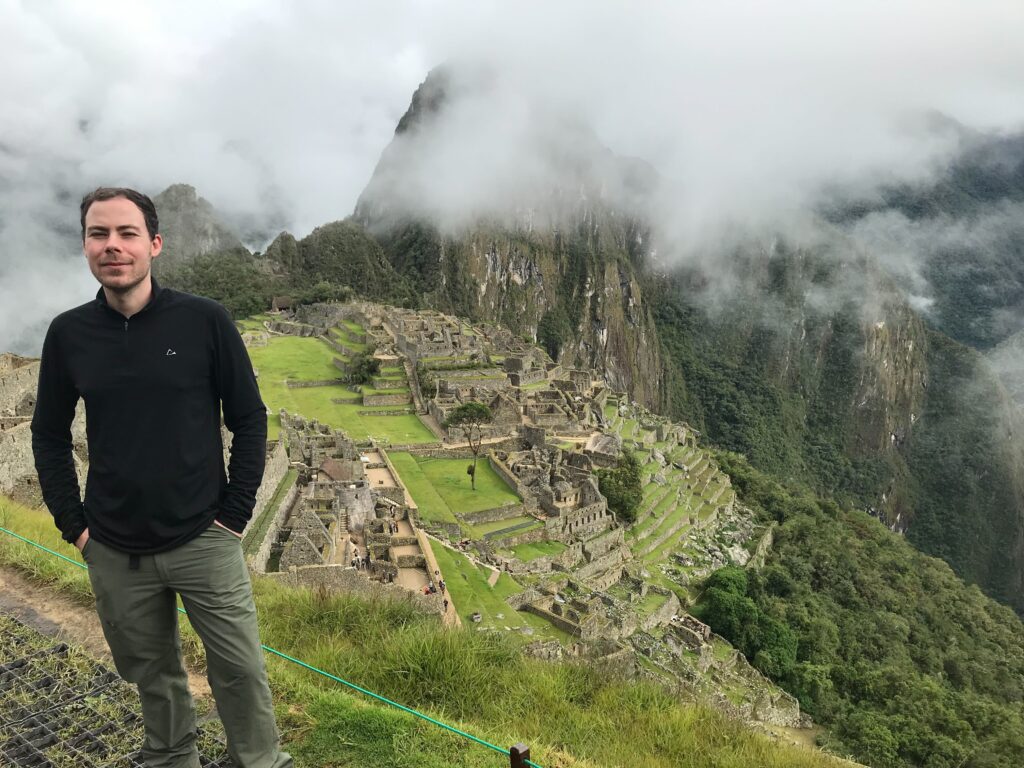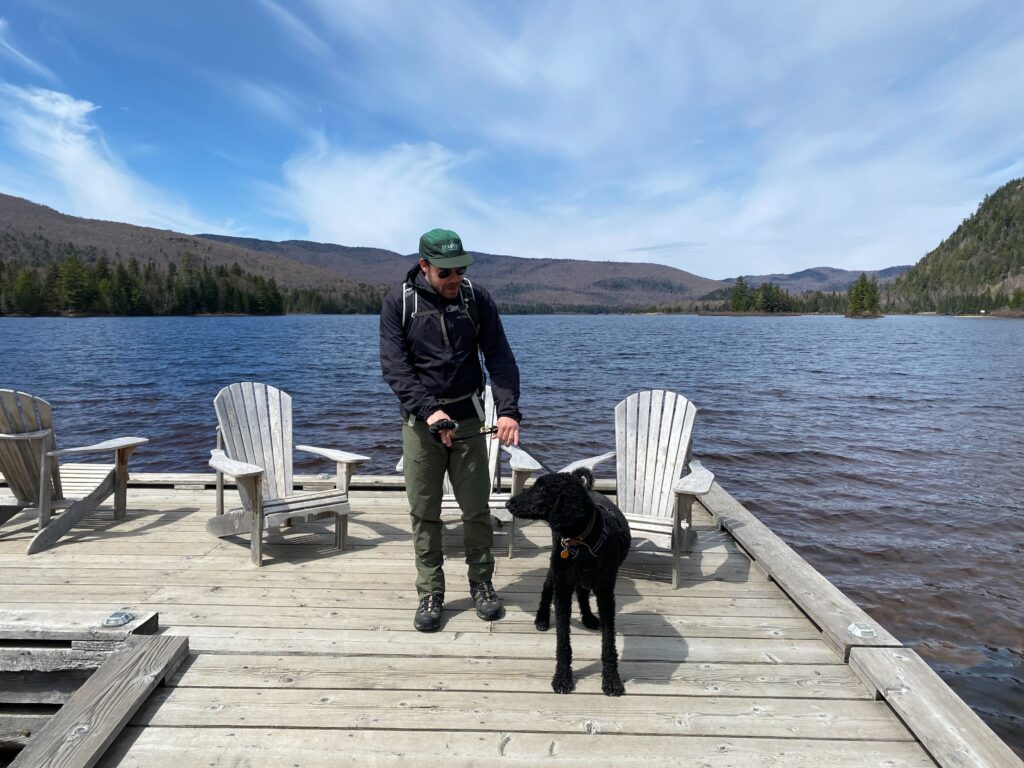Three questions with… Marc-André!
Our lab is growing! In our Three Questions series, we’re profiling each of our members and the amazing work they’re doing.
This week’s post highlights Marc-André Simard, a doctoral student in Information Science at the University of Montreal and member of the ScholCommLab. In this post, he shares his thoughts on work in the lab, the global use of open access literature, and stepping out of his comfort zones.

Q#1 What are you working on at the lab?
I am involved in the Open Access and Open Science project with Stefanie Haustein and other members of the team. We are almost done with our study led by Leigh-Ann Butler on the oligopoly of scholarly publishers and how they have been leveraging article processing charges (APCs) to squeeze even more money out of the pockets of the research community. We have recently shared a preprint version of our article on Zenodo which has made quite a splash on social media such as Twitter. The final version of this paper should be available in the next few months.
I am also working on my PhD thesis under the supervision of Vincent Larivière (University of Montreal) and Stefanie Haustein. I am studying compliance to open science policies such as open access and open data policies.
Q#2 Tell us about a recent paper, presentation, or project you’re proud of.
After publishing an article based on my master’s thesis on national differences in the use of open access literature, I was approached by PLOS to discuss some of the implications of my findings and the importance of open access for low-income countries through their blog. Our results showed that low-income and lower-middle-income countries, especially in Sub-Saharan Africa, tend to publish and use open access literature more than the rest of the world.
I really enjoyed the experience of transforming the fruits of two years of labour into a very short text aimed at a global audience, it really took me out of my comfort zone! It also made me realize the importance of science communication: what good is science if it cannot be communicated in a way that is clearly understandable by the rest of the population and by the people who make the decisions?

Q#3 What’s the best (or worst) piece of advice you’ve ever received?
I love this quote from The Brothers Karamazov by Fyodor Dostoevsky:
“Besides, nowadays, almost all capable people are terribly afraid of being ridiculous and are miserable because of it.”
All my life I have been a very serious person (even when I was a child) that was afraid of finding myself in embarrassing situations. The older I get the more I realize that unless you do something that is almost cartoonishly unhinged, most people will enjoy your company more if you are not afraid to step out of your comfort zone. Sing the karaoke song at two in the morning, I promise you will not regret it!
Find Marc-André on Twitter at @M_Simard_ or check out his publications on Google Scholar or ORCID.